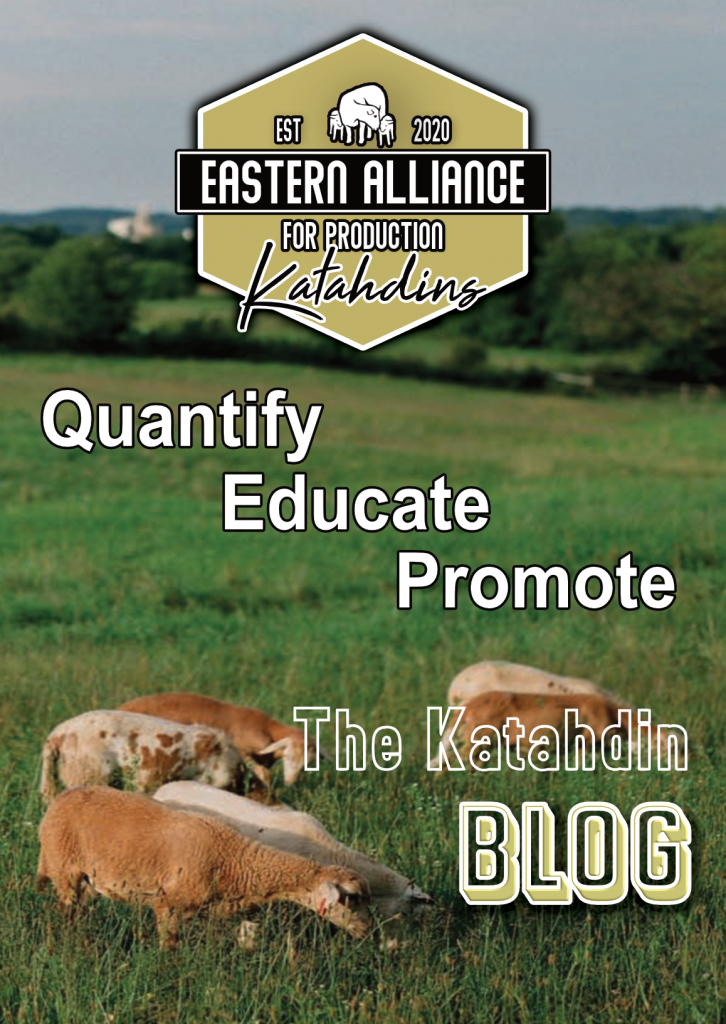Prepubic Tendon Rupture
Pregnant ewes experience a tremendous strain on their abdominal muscles and tendons as their lambs grow, especially during the last few weeks of pregnancy. The abdominal muscles and tendons are attached to the ribcage, vertebrae and pelvis (grey lines in picture) with the muscles and tendons forming a hammock (pink)


